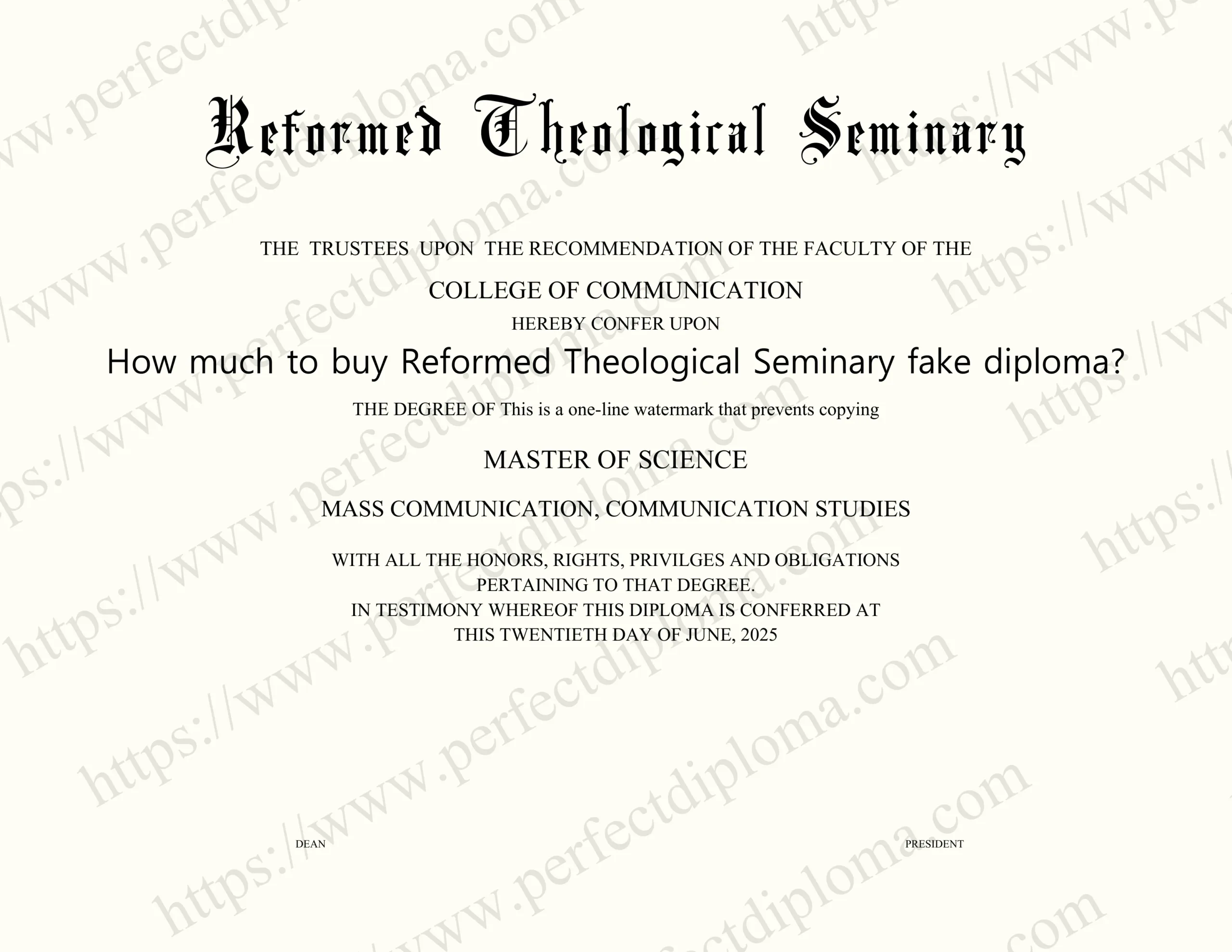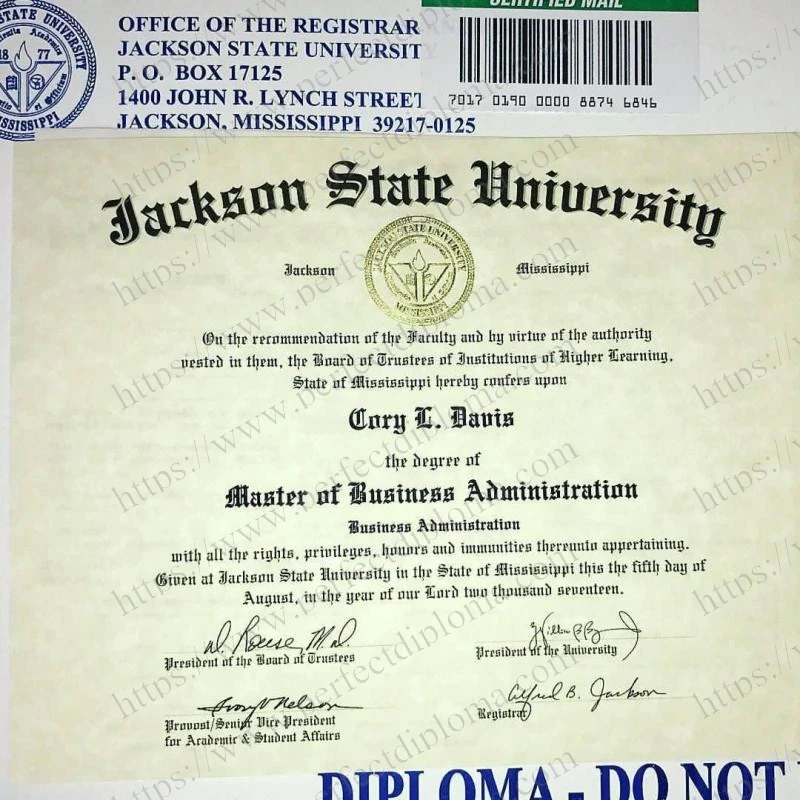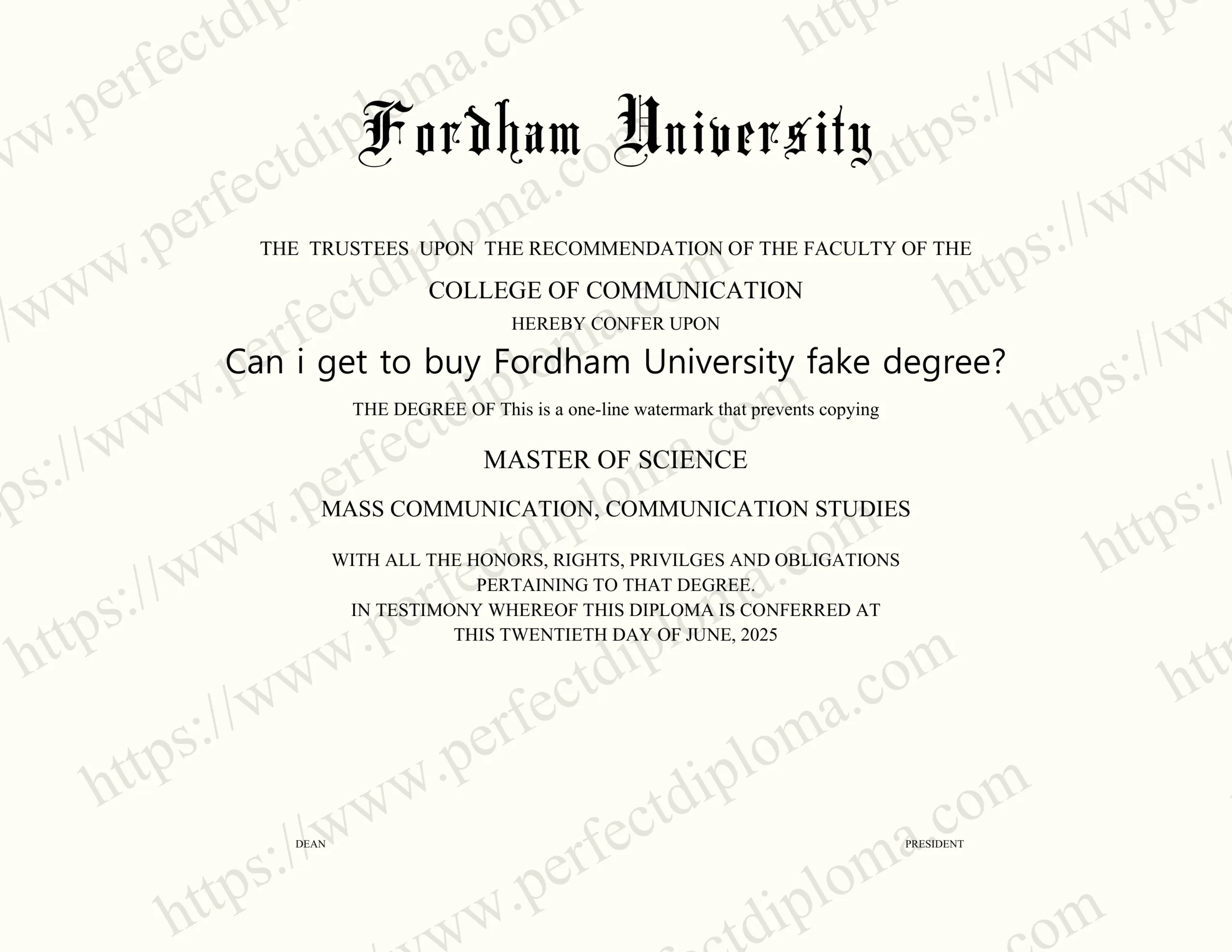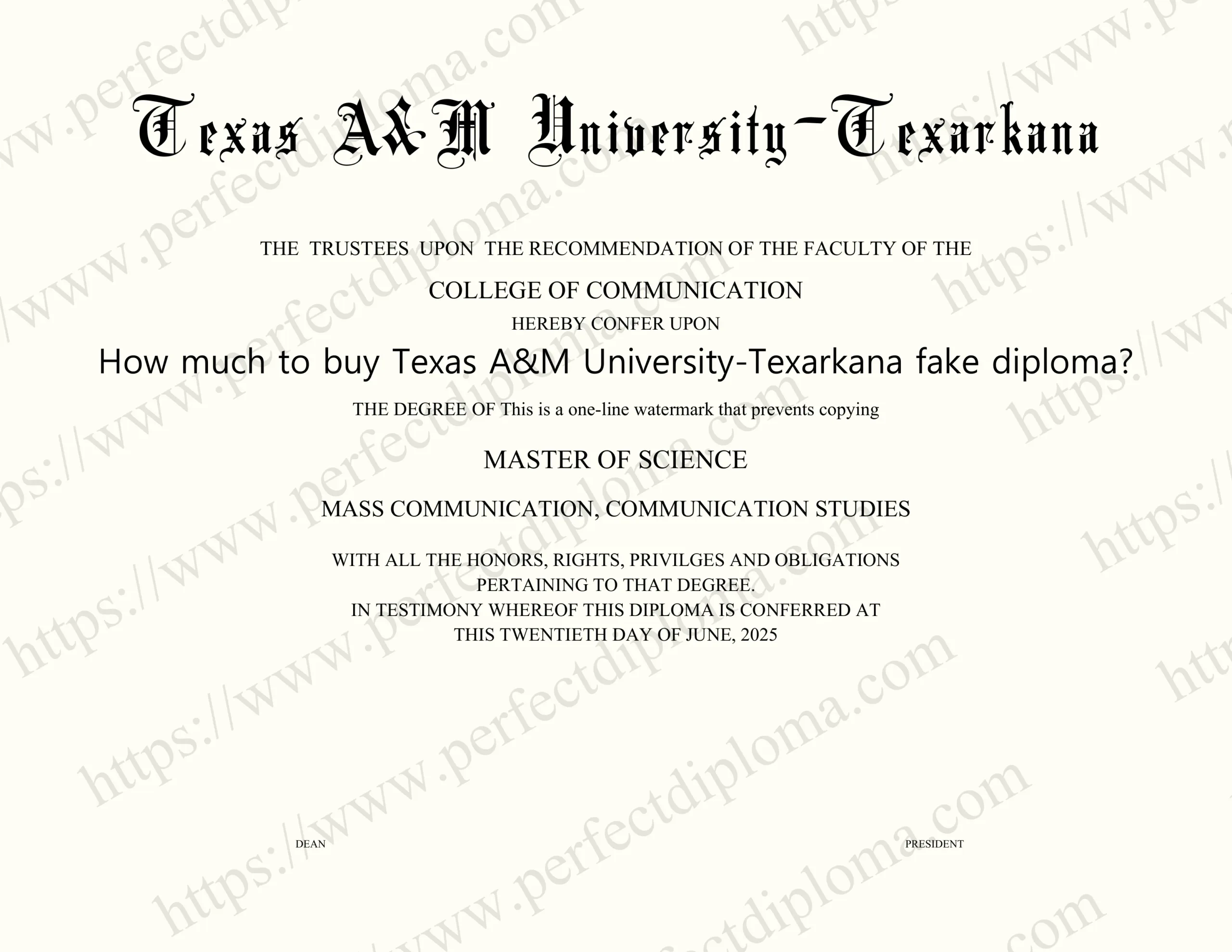
The landscape of theological education in the United States is undergoing a quiet but profound transformation, particularly within institutions rooted in the Reformed tradition. These seminaries, once bastions of a specific and tightly defined confessionalism, are now navigating the complex interplay between historic theological commitments and the pressing demands of a rapidly changing global context. The story of the contemporary Reformed seminary is not one of abandonment, but of dynamic and sometimes tense re-engagement with its own core principles.
Historically, these schools were built upon the pillars of covenant theology, the sovereignty of God in salvation, and a high view of Scripture. The educational model was often one of precise transmission, ensuring ministers could articulate and defend the nuances of confessional standards like the Westminster Confession. The classroom was a space for mastering a defined body of knowledge, a curriculum designed to produce guardians of theological orthodoxy. The world outside the seminary walls was often viewed as a field for mission, but not necessarily as a dialogue partner in the task of theology itself.
This older model, however, is being challenged from within by the very logic of Reformed thought. The concept of common grace, the idea that God’s goodness is shed abroad in all creation, has prompted a renewed interest in engaging with disciplines like philosophy, literature, and the sciences. It is no longer sufficient to simply dismiss secular learning; the task is to critically and constructively engage with it, recognizing traces of truth and beauty while holding fast to a Christ-centered worldview. Seminaries are thus expanding their curricula, not by diluting theological rigor, but by insisting that a Reformed perspective must speak to all areas of human life and inquiry. A course on systematic theology might now be paired with a seminar on theology and neuroscience, or the ethics of artificial intelligence.
Furthermore, the global shift of Christianity’s center of gravity to the Southern Hemisphere is reshaping the American Reformed classroom. There is a growing awareness that the rich theological heritage of the Reformation, while foundational, was articulated in a particular European cultural context. To be truly catholic, the church must listen to and learn from voices in Africa, Asia, and Latin America. This has led to an intentional diversification of faculty and required readings, bringing perspectives that challenge Western assumptions about individualism, community, and the very practice of theology. The goal is to form pastors and scholars who can minister in a multicultural, post-Christendom society, equipped with a theology that is both historically rooted and globally informed.
The pedagogical approach is also evolving. The lecture hall, while still important, is increasingly complemented by experiential learning. Students are pushed out of the library and into contexts of urban ministry, cross-cultural immersion, and church planting. The ideal is no longer merely the scholarly pastor, but the pastor-theologian who can exegete both a Greek text and a complex neighborhood. Spiritual formation is being integrated more holistically with academic work, recognizing that the goal is not just an educated mind but a formed character, capable of shepherding communities through trauma, doubt, and social fragmentation.
This journey is not without its internal tensions. Some constituencies fear that engagement with the world leads to accommodation, that a broader curriculum represents a departure from the seminary’s core mission. Debates over the boundaries of orthodoxy, the interpretation of Scripture, and the application of Reformed theology to public life are vigorous and ongoing. Yet, this very tension may be a sign of health, indicating that these institutions are alive, thinking, and struggling to be faithful in their time.
In the final analysis, the modern Reformed seminary in the USA is attempting a difficult synthesis. It seeks to be a guardian of a precious theological inheritance while simultaneously acting as a pioneer on new frontiers. It is learning to hold the text of Scripture and the context of the world in a creative, and sometimes uncomfortable, dialogue. The outcome of this experiment is far from certain, but its trajectory suggests a future where Reformed theological education is deeper, wider, and more authentically engaged in the grand drama of God’s redemptive work across all cultures and spheres of life.
Buy fake certificate in USA, How to buy Reformed Theological Seminary fake degree online, Can i get to buy Reformed Theological Seminary fake diploma, Buy fake transcript in USA




